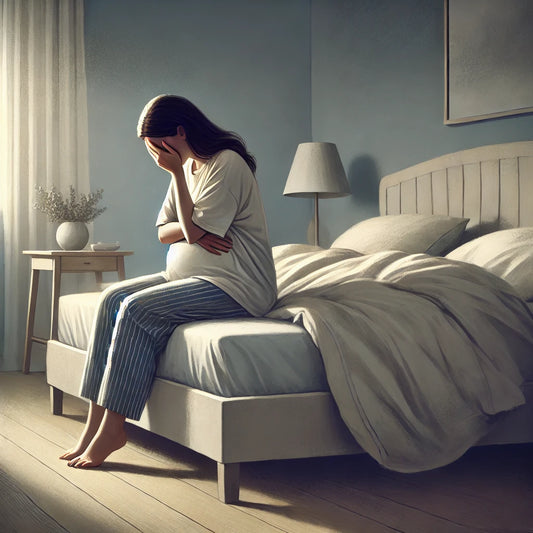Libido literally means sexualis (Latin for desire). Under the influence of Sigmund Freud and Jung, the concept of libido was expanded in psychoanalysis.
The libido (sexualis) can vary greatly from person to person. The libido can also fluctuate in a lifetime. Often it is at its peak during puberty and later decreases to a greater or lesser extent, but that is not always the case. Even people over eighty can still have a strong libido.
The sex drive is to some extent determined by hormones in the body. In women, for example, the menstrual cycle influences the urge to have sex. In humans, however, sexual activity is largely determined by cognitive and affective factors, by life experiences, by attitudes and norms. On this basis, it can also be explained that human sexual behavior shows great diversity.[2] Emotions can also influence the libido: with tension, anxiety, stress or depression, the libido can decrease or sometimes increase.
In addition to hormonal factors, the frequency of sex also determines whether the urge to have it increases. Many couples or individuals who have not been sexually active for a long time see a decrease in the need associated with this. Since an active sexual life provides many healthy contributions, it is advisable for everyone to maintain her or his sexual needs. After all, the number of benefits that an active sex life entails is countless.
You therefore have a little control over your libido.
Sunflower





